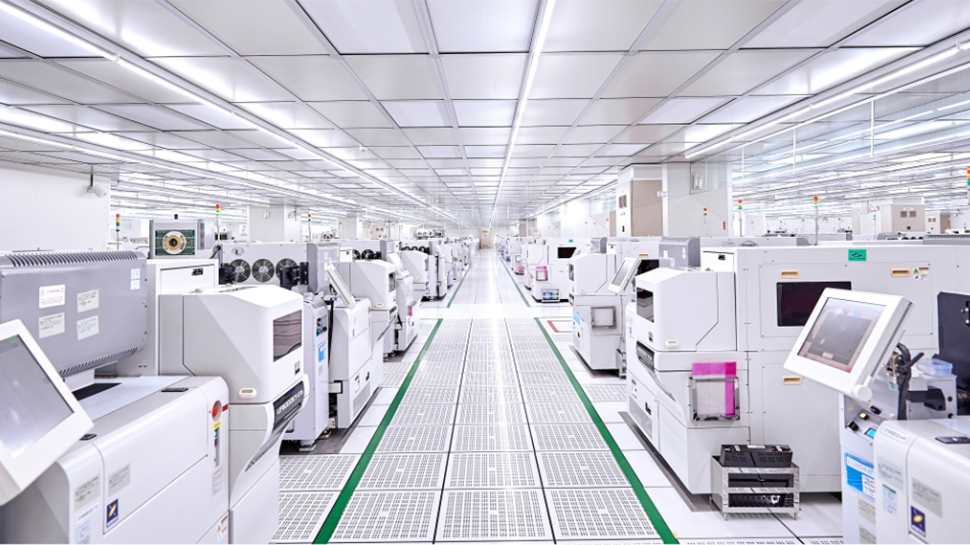
King Yuan Electronics (KYEC), one of the world's Top 10 outsourced semiconductor assembly and test (OSAT) contractors, on Friday said it would sell its stake in its Chinese subsidiary King Long Technology (Suzhou) and leave the mainland China market. The company cites geopolitical tensions between China and the U.S. as well as intensified competition. By selling off its Chinese assets, KYEC will be able to invest more in its Taiwanese operations and gain traction in lucrative AI and HPC markets.
The transaction represents a significant shift in King Yuan's investment strategy, which is heavily influenced by the so-called chip war between the U.S. and China. By selling off its shares in King Long Technology, KYEC is looking to reduce its exposure to risks arising from these tensions and focus its operational focus on a more stable and supportive environment in Taiwan.
Note that the U.S. government does not directly restrict imports of advanced packaging equipment containing American technology to China. Furthermore, now that China is building tens of new fabs, the testing and packaging business should thrive in the country. However, uncertainties caused by the tensions between China, Taiwan, and the U.S. add risks to Taiwan-based companies like KYEC, which is why they are fleeing from mainland China, according to DigiTimes.
Also, by selling off its Chinese assets and repatriating money back to Taiwan, King Yuan can invest in equipment necessary to test and assemble chips for high-end applications like AI and HPC, the markets where they are hardly present for now.
"Due to the impact of geopolitics on the global semiconductor supply chain, such like United States' restrictions on China's semiconductor industry technology, the ecological environment of semiconductor manufacturing in China has changed, along with intensified market competition," a statement by King Yuan reads. "[…] The board of directors has made a decision to withdraw from China’s semiconductor manufacturing business."
The estimated total sale price of KYEC's stake in KLT will be about NT$21.715 billion ($666.1 million). King Yuan expects to receive NT$16.6 billion ($509.2 million) as net cash inflow after deductions like taxes, costs, and other effects. Once the funds are transferred back to Taiwan, they will be used to accelerate the construction of new fabs and upgrade existing facilities and equipment, bolster working capital, and invest in advanced testing technologies and equipment, the company said. The company expects to realize a net gain of approximately NT$3.827 billion ($117.4 million) from this sale. Meanwhile, NT$3.668 billion ($112.52 million) from the sale proceeds will be used to pay a cash dividend of NT$1.5 per share for the next two fiscal years.







